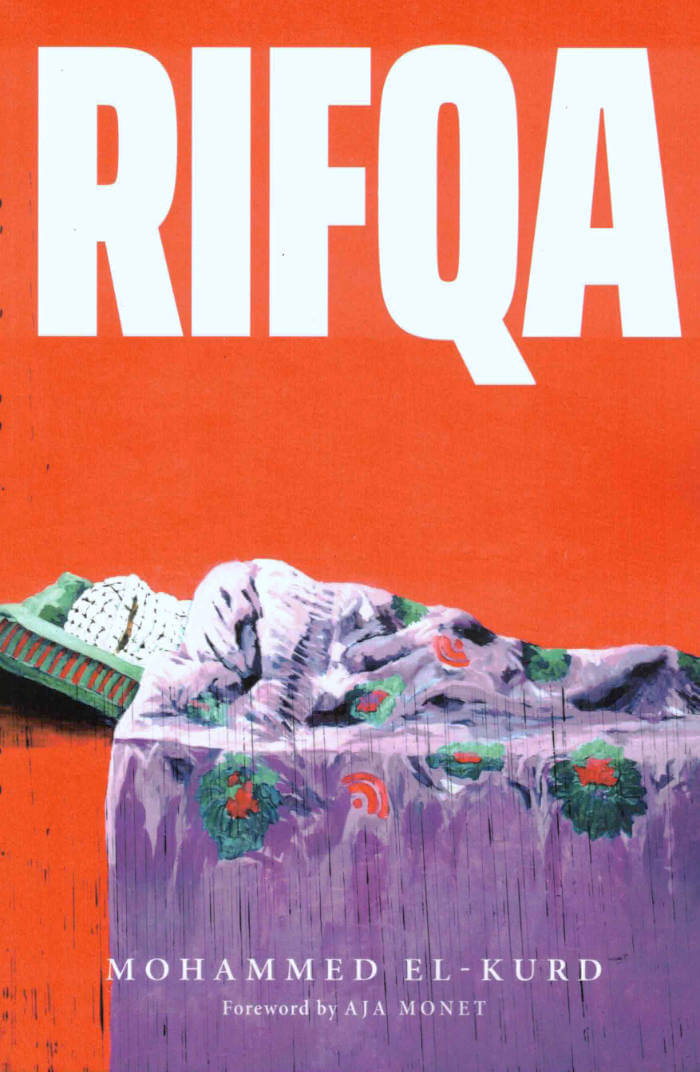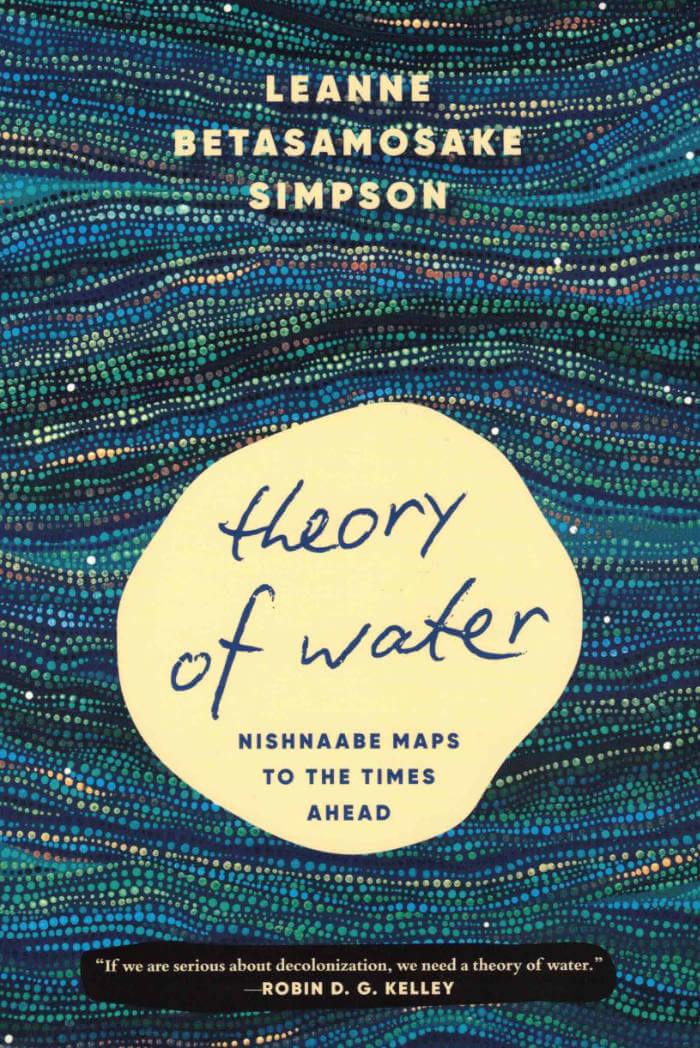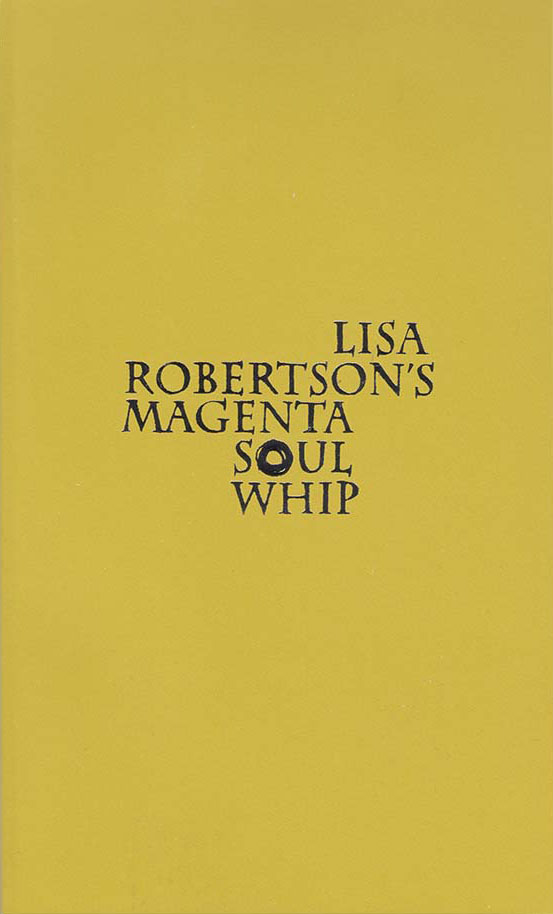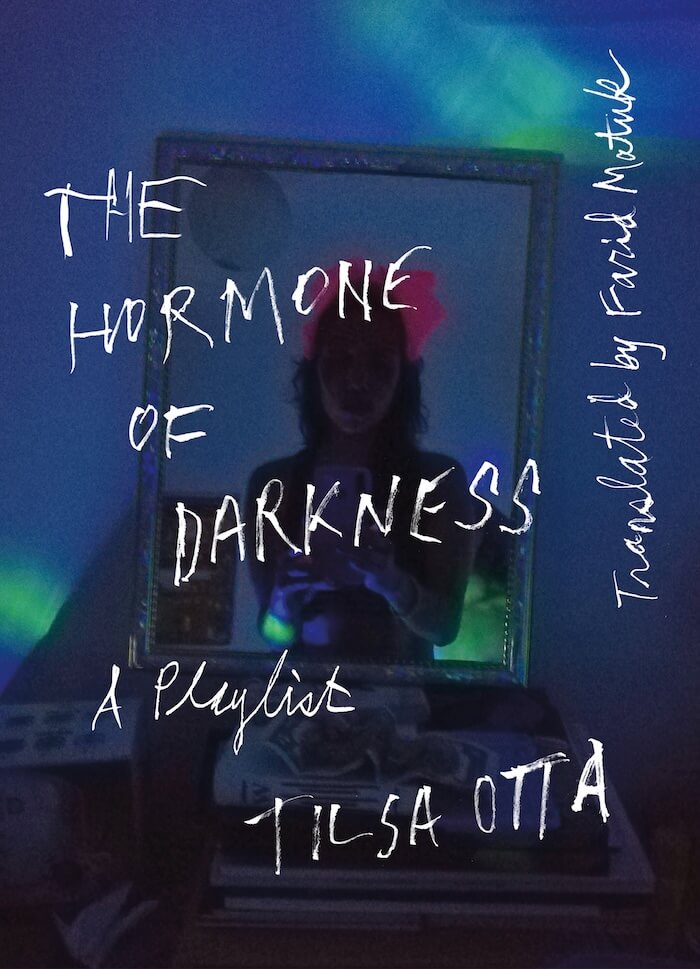
Rifqa
Rifqa is Mohammed El-Kurd’s debut collection of poetry, written in the tradition of Ghassan Kanfani’s Palestinian Resistance Literature. The book narrates the author’s own experience of dispossession in Sheikh Jarrah—an infamous neighborhood in Jerusalem, Palestine, whose population of refugees continues to live on the brink of homelessness at the hands of the Israeli government and US-based settler organizations. The book, named after the author’s late grandmother who was forced to flee from Haifa upon the genocidal establishment of Israel, makes the observation that home takeovers and demolitions across historical Palestine are not reminiscent of 1948 Nakba, but are in fact a continuation of it: a legalized, ideologically-driven practice of ethnic cleansing.
Mohammed El-Kurd is a Palestinian writer and poet from Sheikh Jarrah in East Jerusalem. He was pursuing a Master's in the United States before returning to Sheikh Jarrah to protest the ethnic cleansing of his family. He has gained prominence for his description of Israeli occupation as apartheid and settler colonialism.






